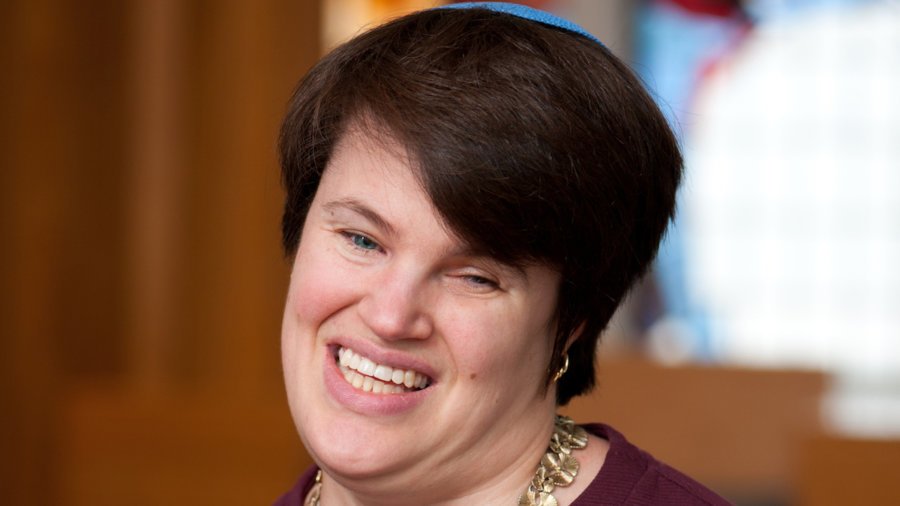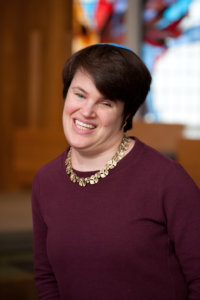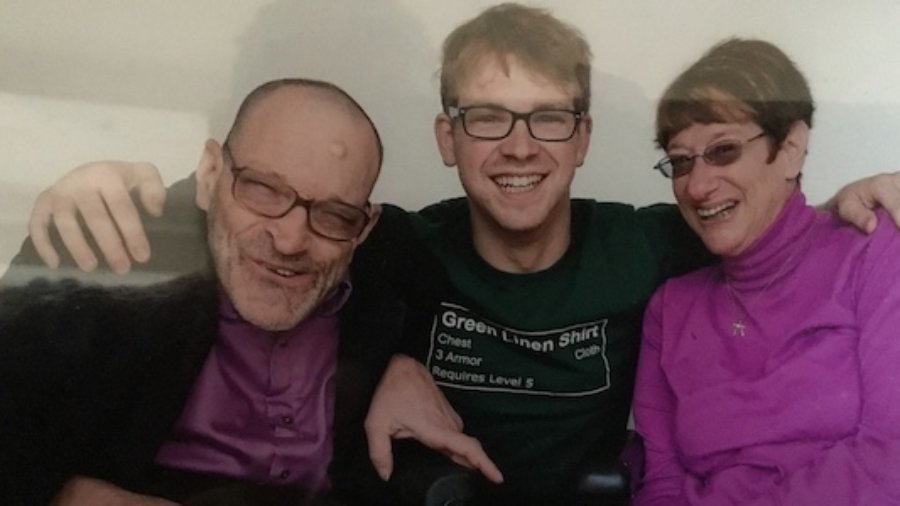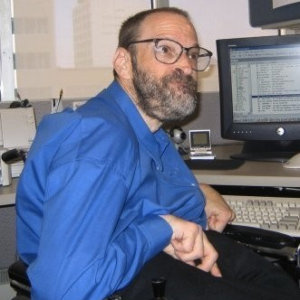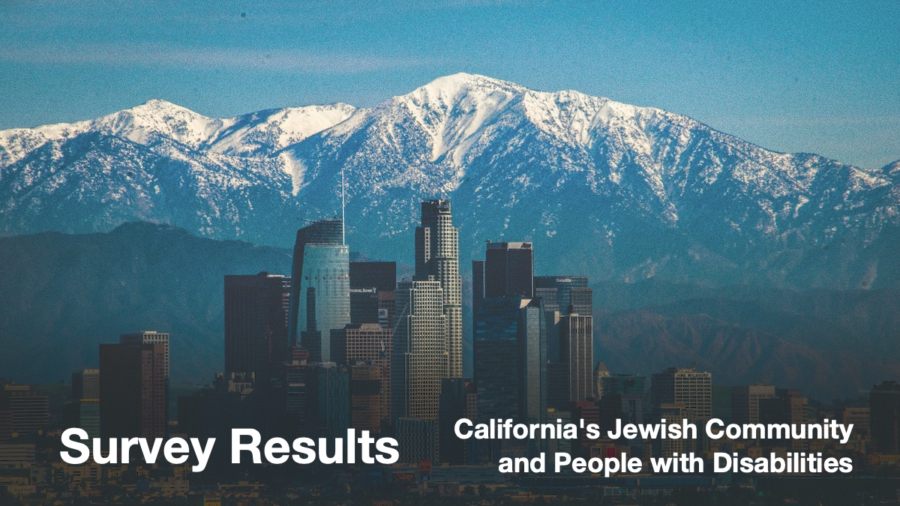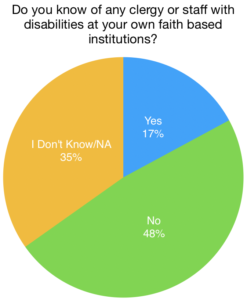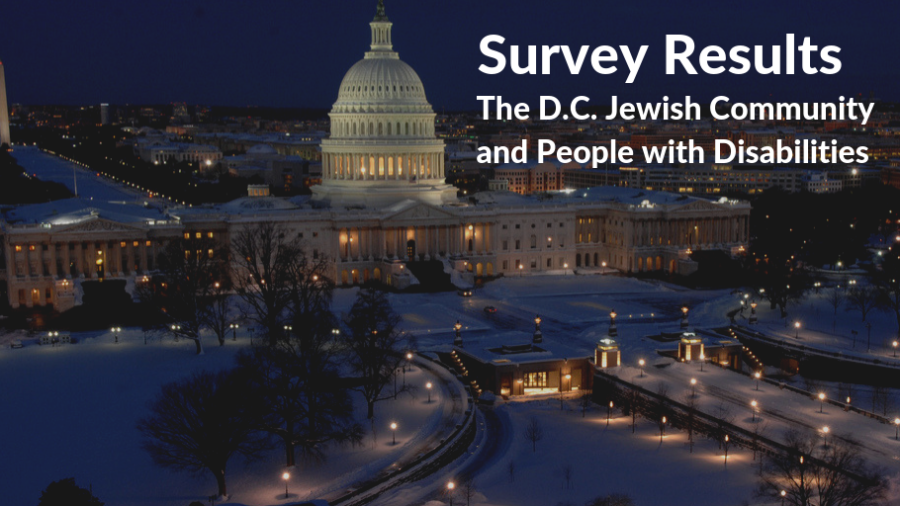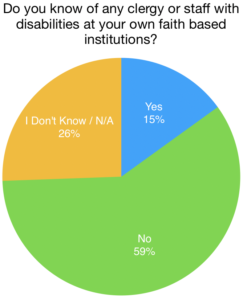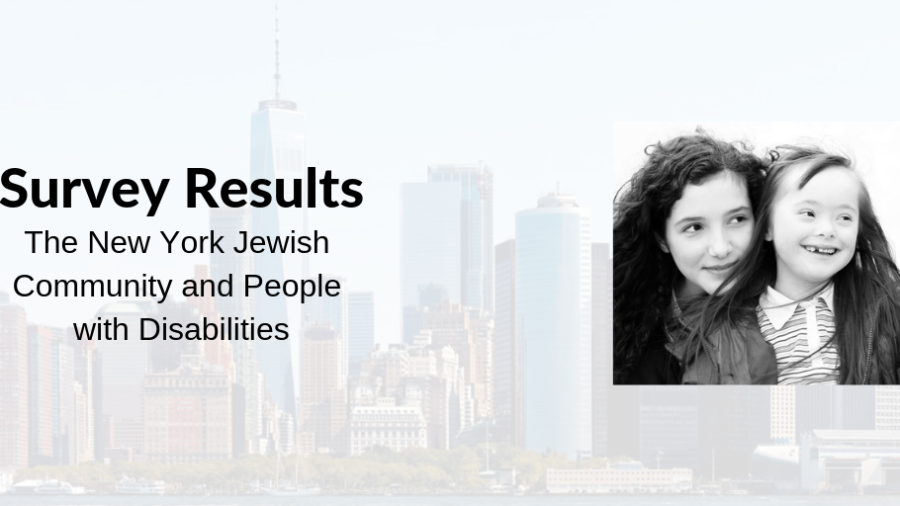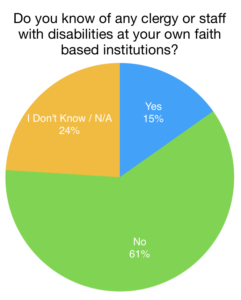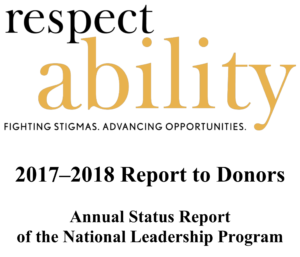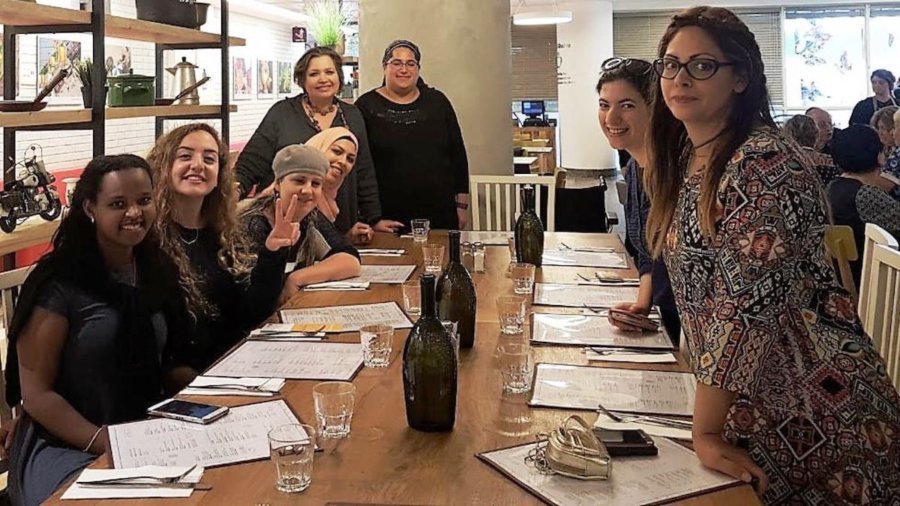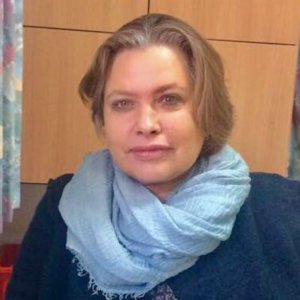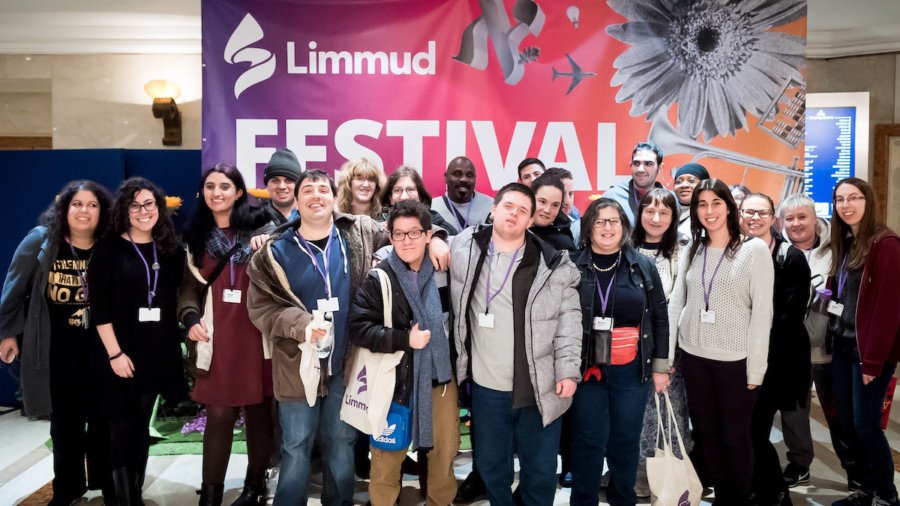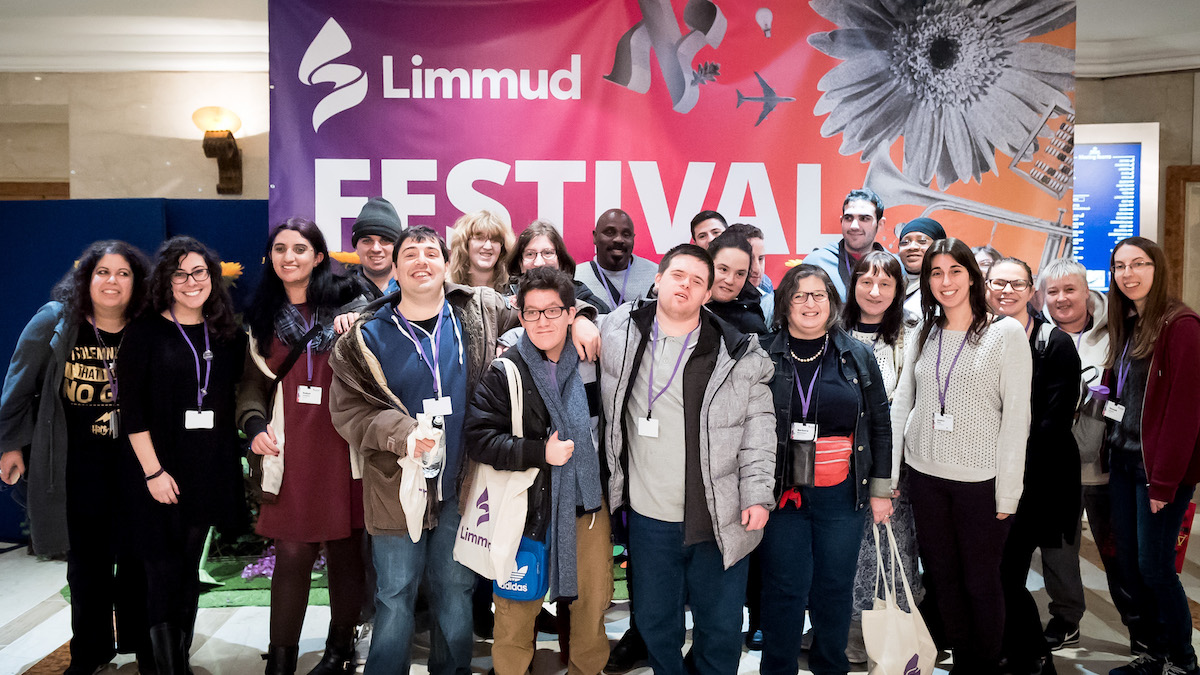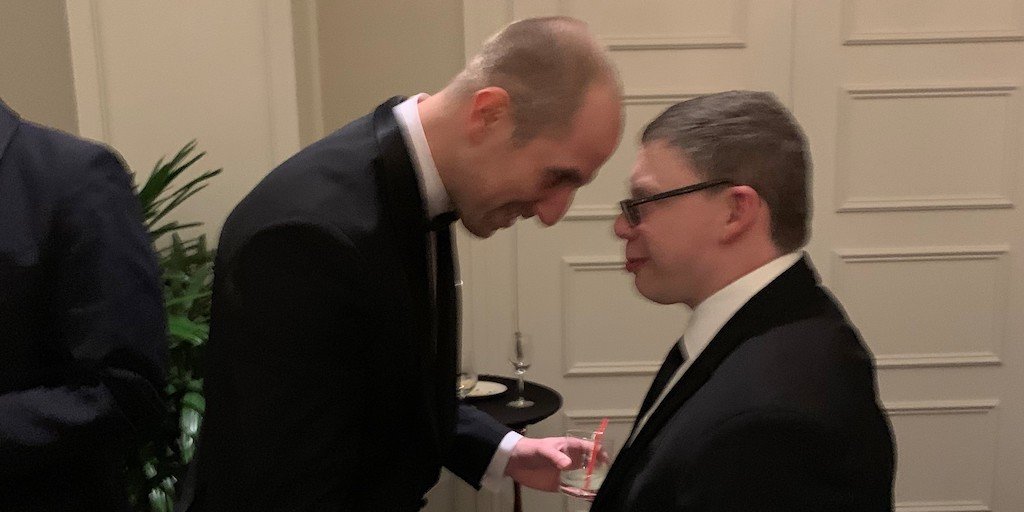
Keshet, which means rainbow in Hebrew – has been my rainbow for the last 30+ years. My name is Abbie Weisberg and I am the CEO of Keshet – [offering people with] special needs extraordinary opportunities. I often ask myself what life would have been like without the children, adults, families and staff here at Keshet? I simply cannot imagine this scenario, and feel lucky to have crossed paths with Keshet.
My journey began when I attended a Keshet banquet in 1990 when I was pregnant with my first daughter. I remember listening to a father share his story about how he knew something was “not quite right” with his baby daughter. I felt the palpable love in the room, mixed with warmth and magic. Right then, I knew that I had to be connected with Keshet. At that time, my connection was not as a significant donor; instead, I asked: What hands-on contribution could I make to help?
I began teaching in Keshet’s Sunday School, where I led a classroom of 8-10 students with developmental disabilities. Sunday School technically included Jewish Learning. Having been raised as “one of those Jews” who went to shul only on High Holidays, I knew I had a lot to learn. Keshet sent me on mypersonal path of Jewish learning and living. [continue reading…]


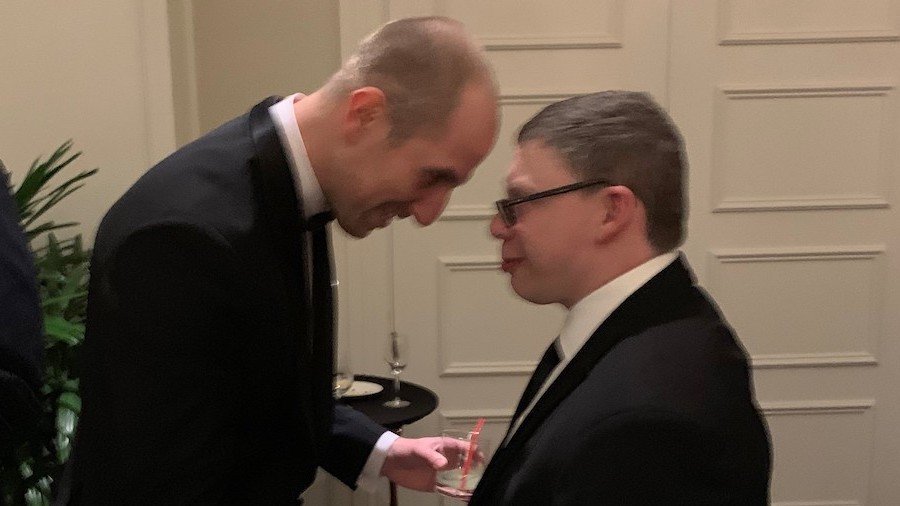
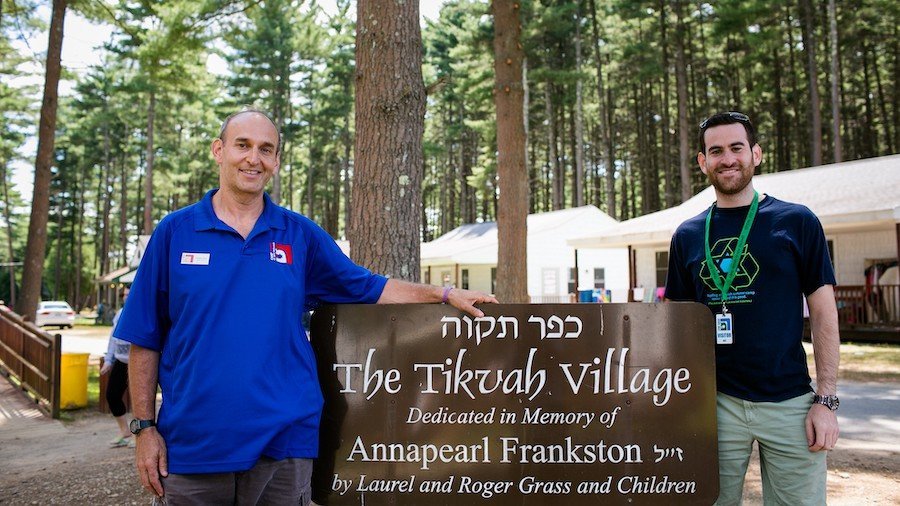
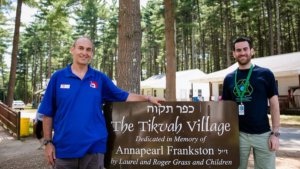 In considering great heroes, dates, places and milestones in the history of disabilities inclusion, one is more likely to think of Tom Harkin, ADA, and 1990 rather than think of Herb and Barbara Greenberg and Donny Adelman (z”l), 1970 and Camp Ramah in Glen Spey, New York. Yet, without the pioneers Greenberg and Adelman, there may have been no Jewish inclusive camping. The Ramah Camping Movement’s network of Tikvah (“Hope”) programs, which currently serves nearly 400 participants each summer in ten overnight camps, five day camps and Israel programs, is currently celebrating 50 years from that first memorable summer in 1970.
In considering great heroes, dates, places and milestones in the history of disabilities inclusion, one is more likely to think of Tom Harkin, ADA, and 1990 rather than think of Herb and Barbara Greenberg and Donny Adelman (z”l), 1970 and Camp Ramah in Glen Spey, New York. Yet, without the pioneers Greenberg and Adelman, there may have been no Jewish inclusive camping. The Ramah Camping Movement’s network of Tikvah (“Hope”) programs, which currently serves nearly 400 participants each summer in ten overnight camps, five day camps and Israel programs, is currently celebrating 50 years from that first memorable summer in 1970.